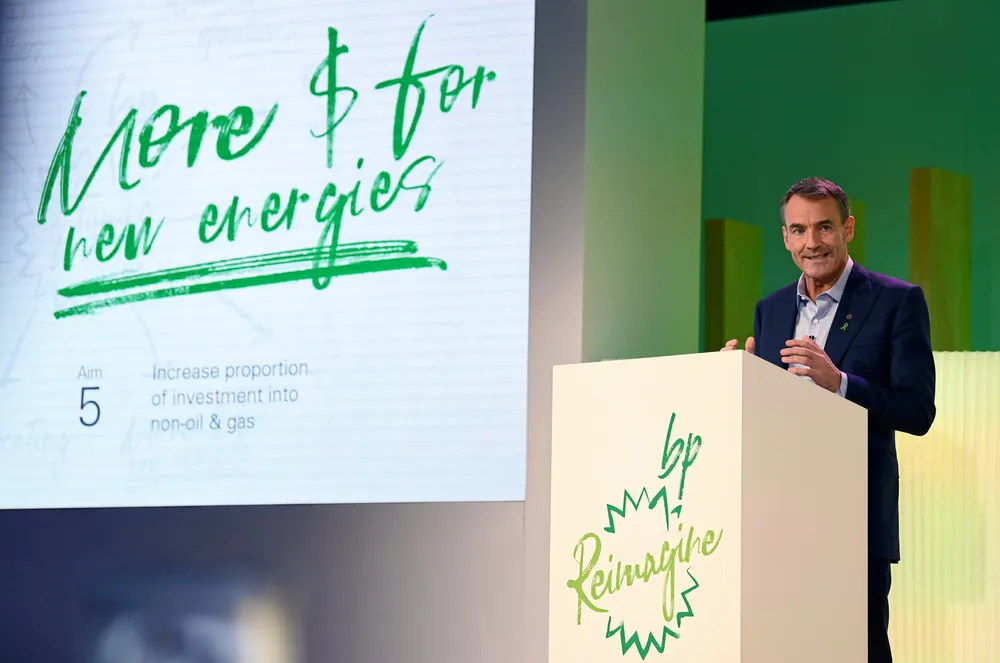BP expects higher returns from clean hydrogen investments than renewable energy
Oil major also reveals goal to produce 500,000-700,000 tonnes of mainly green H2 a year by 2030

Oil major also reveals goal to produce 500,000-700,000 tonnes of mainly green H2 a year by 2030
